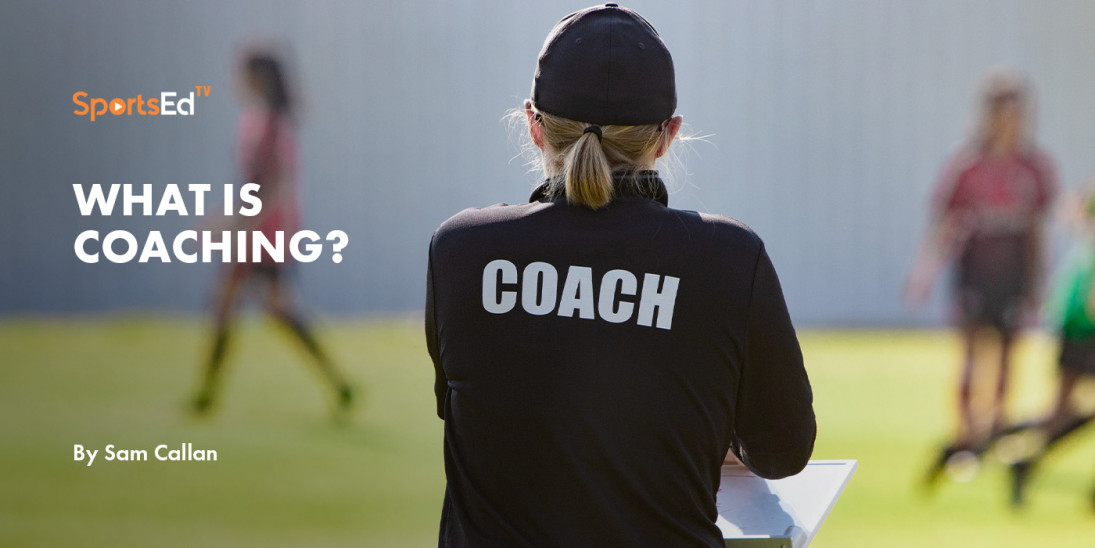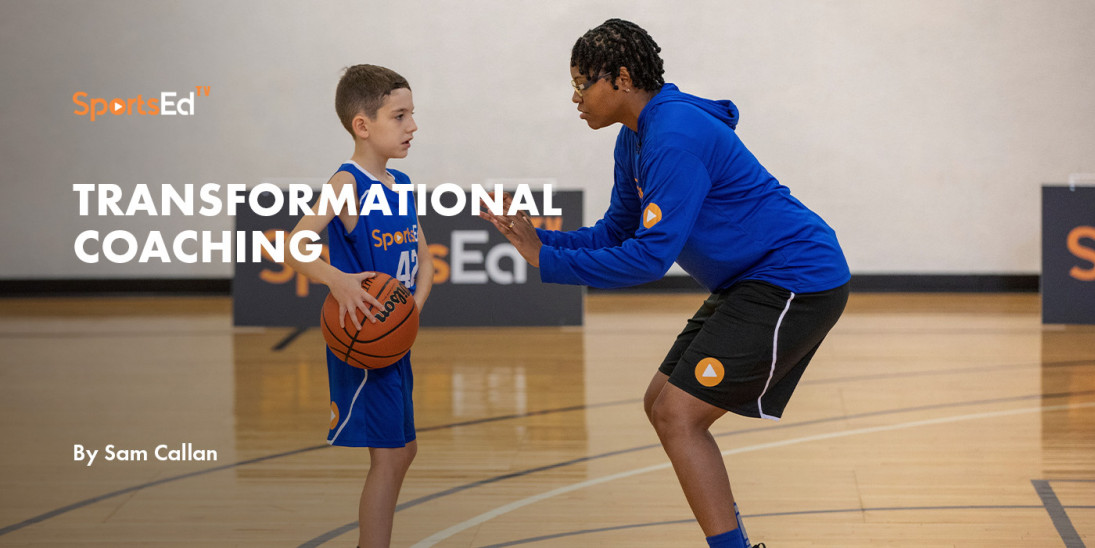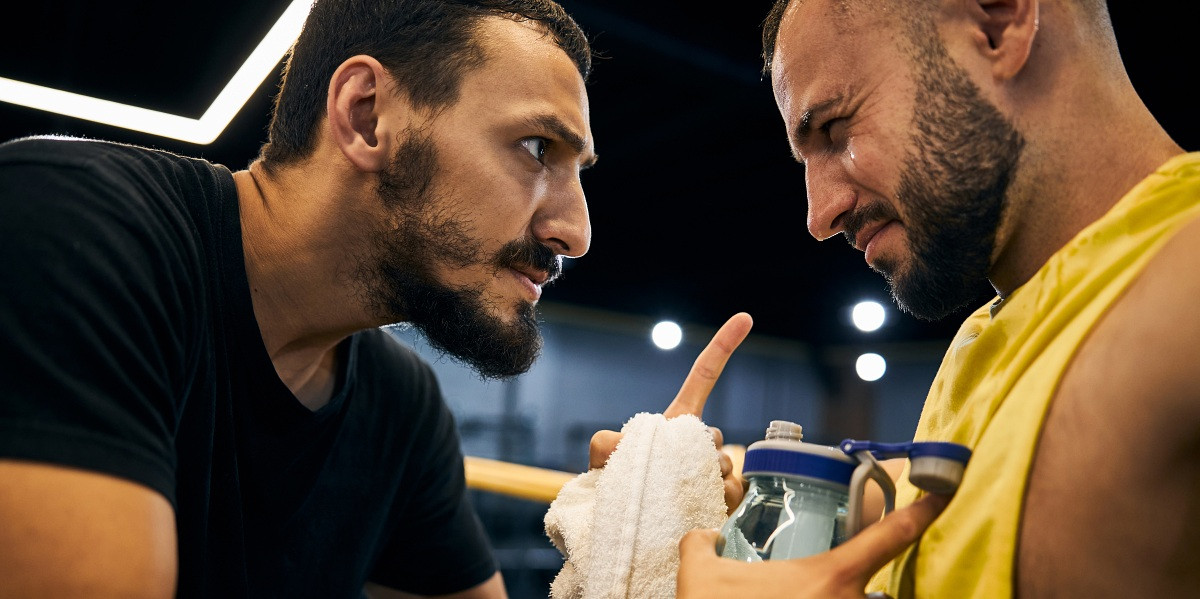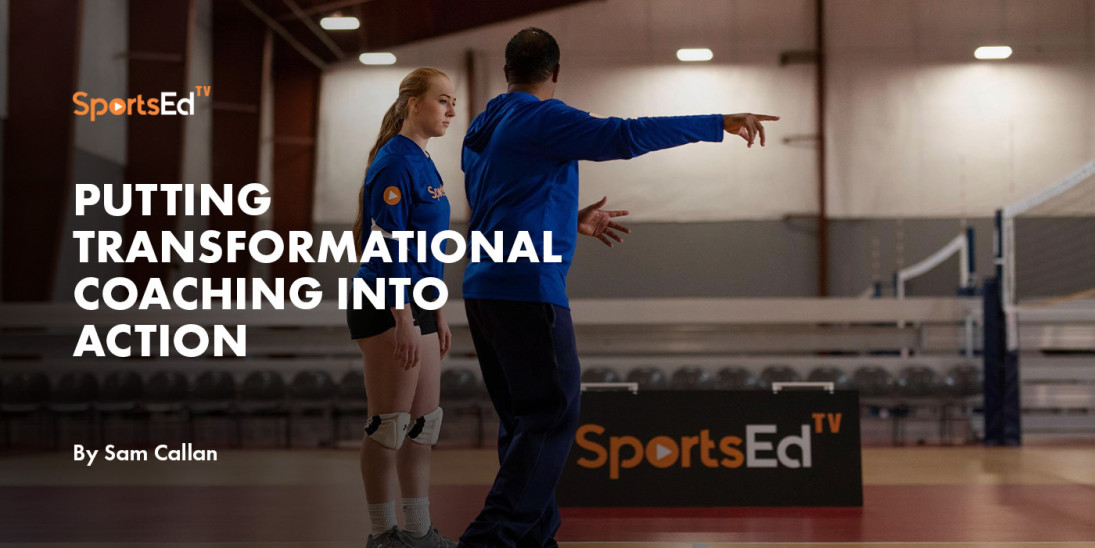Mental Health
Welcome and thanks for visiting...

What Is coaching?

SportsEdTV is committed to bringing athletes, coaches, and parents pro-level education videos for FREE. All levels, anywhere, anytime. Check out our full instructional library and sign up to join our community!
What is coaching?
Jeff Huber in his book “Applying Educational Psychology in Coaching Athletes” starts out answering this question by looking at what a coach is not.
It is not about transmitting knowledge to an athlete.
Yes, you as the coach will share information, but a better approach would be to facilitate learning. Teaching and learning are not the same thing. You can give a lecture on how to run a zone trap, but have the players learned? People learn when they are able to find meaning in the new information and often that means connecting it to something they already know.
Having played the sport means you have all the knowledge necessary to coach it.
Sports have a history of great players not being great coaches (and players who were not very great being great coaches). Expert teachers are noted for having three key qualities that translate to coaching: knowledge, efficiency in problem solving, and insight into solving educational problems.
A common thing that novice coaches do is copy the coaching they received without a critical look at how effective it was. Sure, it likely worked for you as the coach, but did it work for everyone? Also, there can be a tendency to mimic the coaching habits of your last coach. If you played college ball and are now coaching U12, are the behaviors and coaching methods of a college coach applicable to pre-teens?
In an earlier blog, we laid out a process for developing your own coaching values. Do the methods of your past coaches fit with your values as a coach?
All I need to coach is experience in practices.
You likely have sat in many hours of math throughout your academic career. How comfortable would you feel teaching math to a room full of people? Just participating in those practices is not enough to be an effective coach. Along those lines, observing practices is not enough. Without direct teaching or coaching experience, you may not know what effective teaching looks like or how to identify it.
So what is coaching?
Huber identifies several areas:
Coaching as decision making
Coaching as reflection
Coaching as coaching
Coaching as problem solving
Coaching as empowering athletes
Coaching as science
Coaching as art
Coaching as a profession
Coaching as a journey
Future blogs will address a few of these areas so, check back!!!
In the meantime, we recommend checking out this video from Sergio Lara-Bercial from an iCoachKids conference; Sergio discusses the origins of the word “coach” starting at the three minute mark (although watch the whole thing)!





